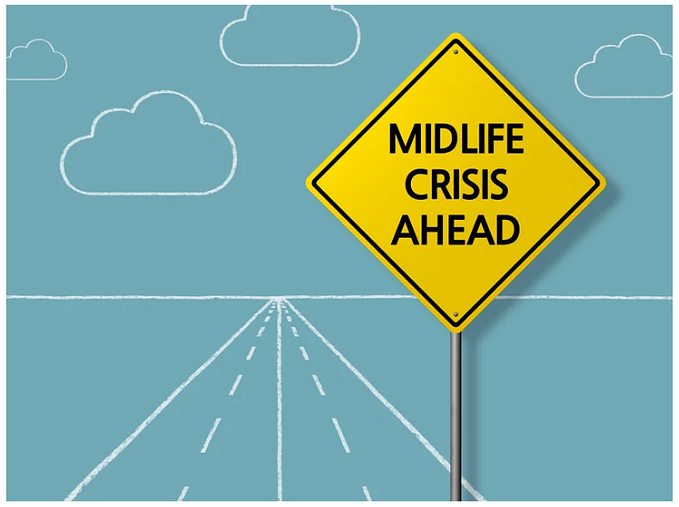Member-only story
Do Lockdowns Work?
A tale of more inconclusive COVID-19 research

Almost a month into 2021, and despite the promise of a fabulous new year the reality has already set in that the next 12 months probably won’t be as much of a breeze as we’d hoped. Vaccine programs are slowly rolling out, but given the scope of them it’s unlikely that we’ll be back to anything resembling normal any time soon. Facing rising case counts, and overwhelmed hospitals, many places around the world have decided to go into a second or even third lockdown to try and quash their truly out of control epidemics before the situation gets even more dire.
It’s been a bit of a depressing start to the year, to be sure.

In this wild maelstrom of clashing information, a story went viral last week claiming that all of this was unnecessary. you see, according to Newsweek and some other publications, a study had shown that there was no benefit to lockdowns over other voluntary measures that could be taken by governments.
Unfortunately for all of us, this research doesn’t really show very much. The reality is that it is much harder to tell if lockdowns — or any other measures against COVID-19 — work than you’d imagine.
The Study
The paper itself was a new piece of modelling research that looked at case numbers and government interventions between 10 countries total at the start of the pandemic. The scientists took the confirmed case numbers in 2 “less restrictive” countries — Sweden and South Korea — and compared them to the case numbers in 8 other “more restrictive” countries including Iran, the US, UK, and a number of other places.
Overall, the scientists failed to find a benefit for the implementation of “more restrictive” interventions — the so-called lockdowns, mostly consisting of stay-at-home orders and the like— although they did find a benefit for government intervention overall. This lead them to conclude that it might be possible to achieve similar reductions in case numbers in many places using less restrictive interventions rather than full-on lockdowns.




